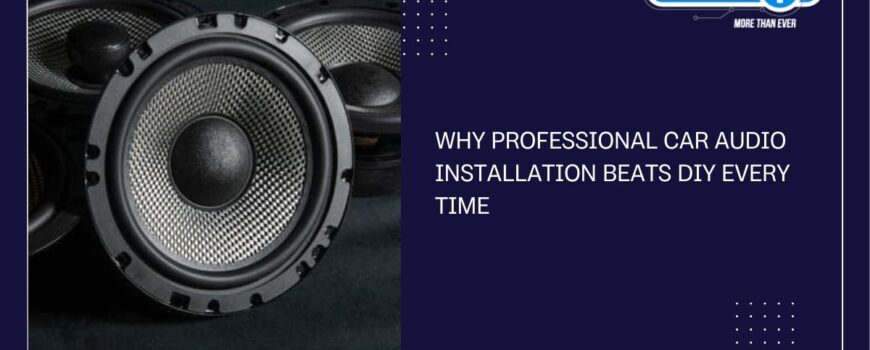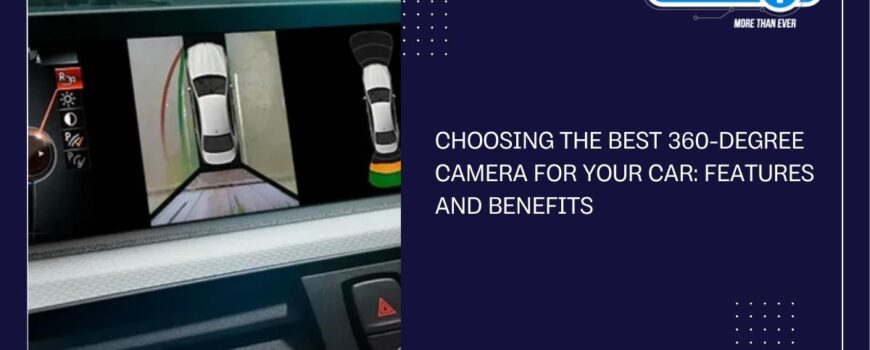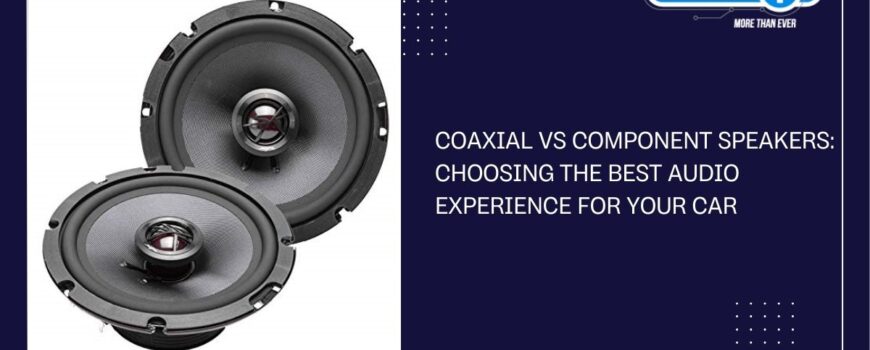Looking for “car audio system installation near me”? Professional installation ensures superior sound quality, seamless integration, and expert advice. Visit Circuiti Stereo today!


Looking for “car audio system installation near me”? Professional installation ensures superior sound quality, seamless integration, and expert advice. Visit Circuiti Stereo today!

Enhance safety and convenience with a 360-degree car camera. Discover key features like night vision, HD video, and blind spot elimination. Upgrade your drive today!

Upgrade your Swift Dzire with a top touch-screen music system. Discover the best picks and installation tips for enhanced audio and smart connectivity!

Explore coaxial vs component speakers to find the best fit for your car audio. Learn about sound quality, installation, price, and customization to upgrade your ride